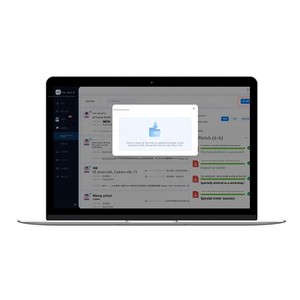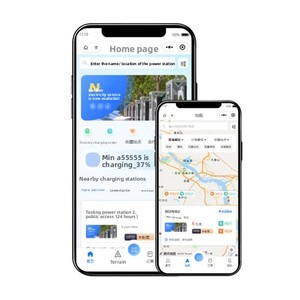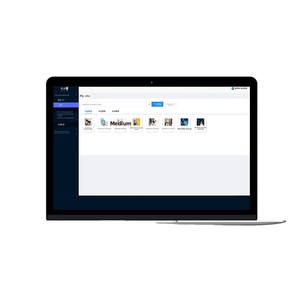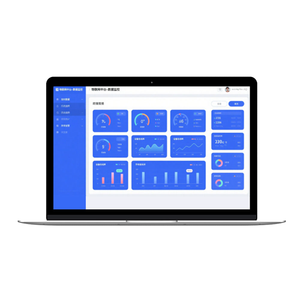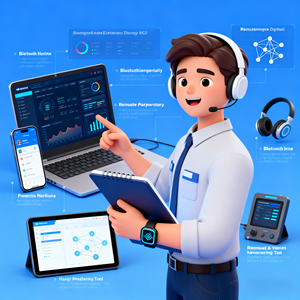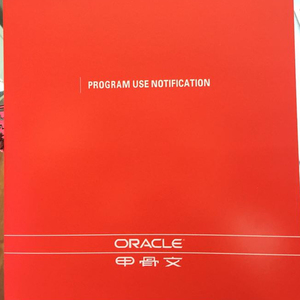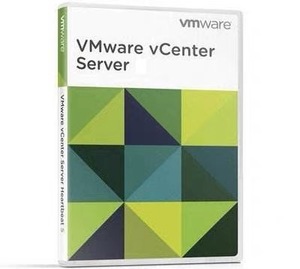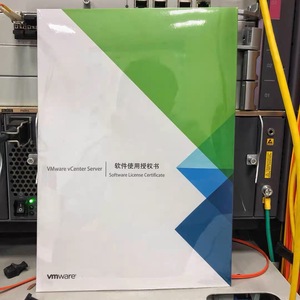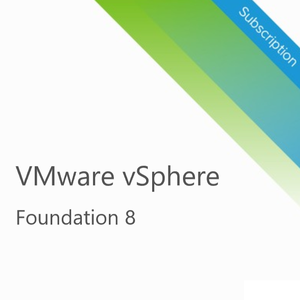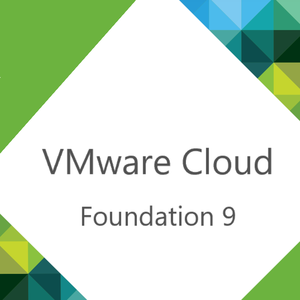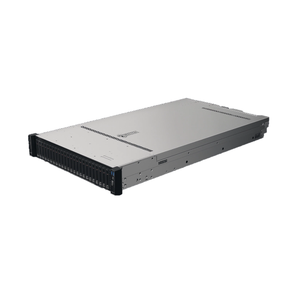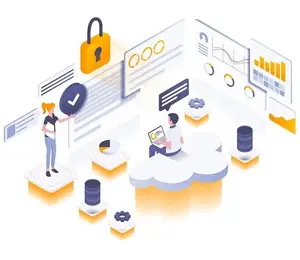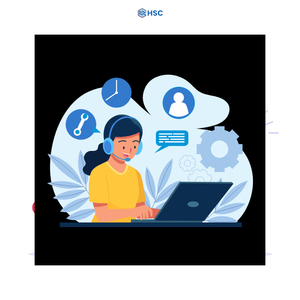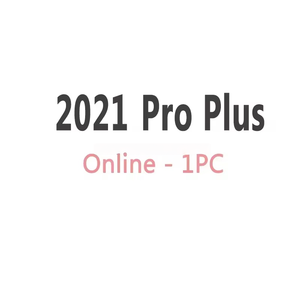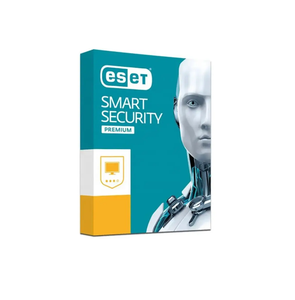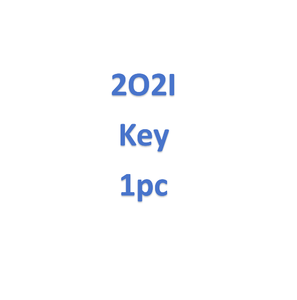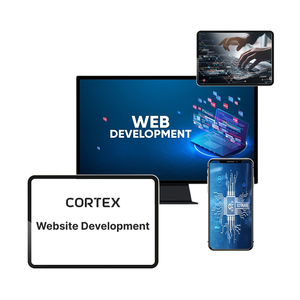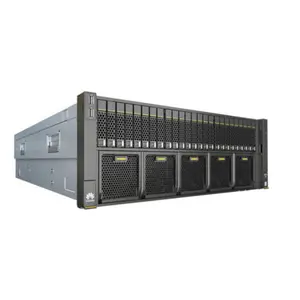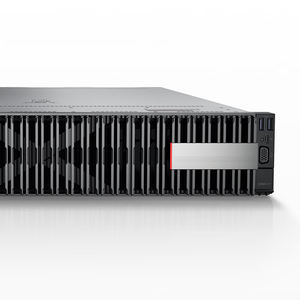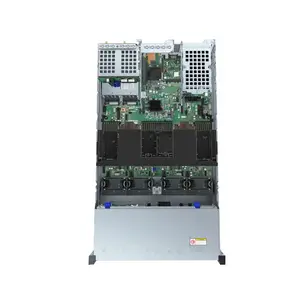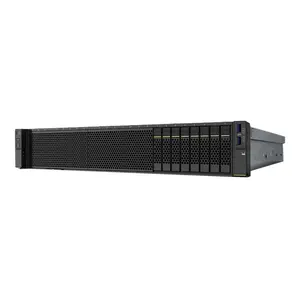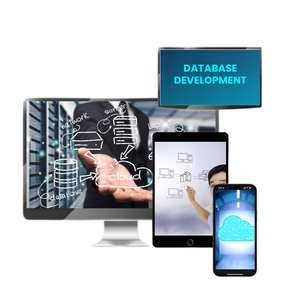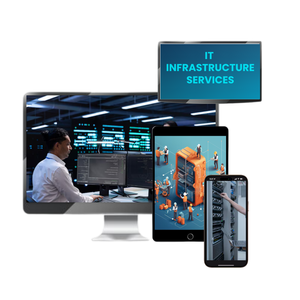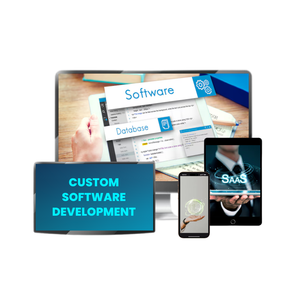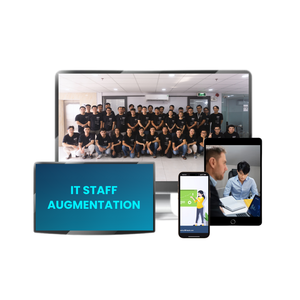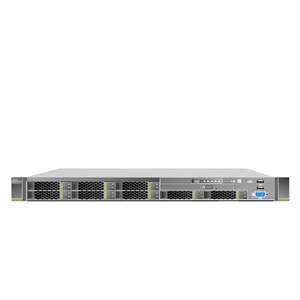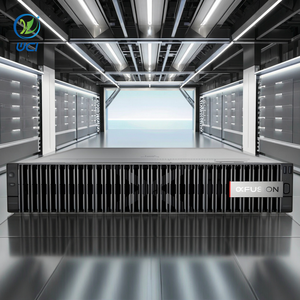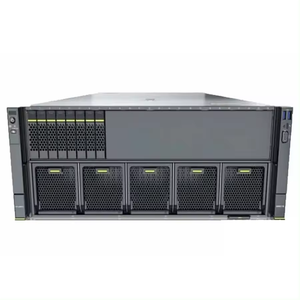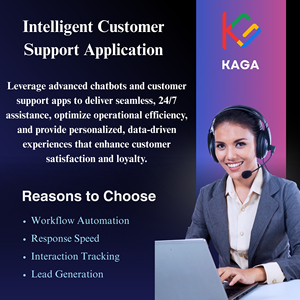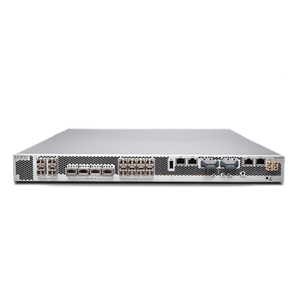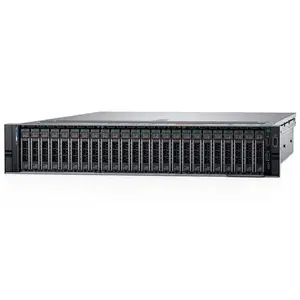Oracle Fusion Cloud Supplier Portal


 1/2
1/2

 CN
CN



 1/3
1/3

 CN
CN


 1/3
1/3












 1/2
1/2









 1/2
1/2











 1/1
1/1
About oracle fusion cloud supplier portal
Where to Find Oracle Fusion Cloud Supplier Portal Providers?
The global market for Oracle Fusion Cloud-enabled supplier portal solutions is primarily driven by specialized IT service providers in China, with a concentration of technical expertise in Jiangsu, Shanghai, and Guangdong provinces. These regions host mature ecosystems of cloud integration firms that combine certified engineering talent with scalable delivery models. Jiangsu and Shanghai lead in enterprise-grade cloud architecture development, offering access to professionals trained in Oracle Cloud Infrastructure (OCI) and aligned with international data governance standards.
Suppliers in these clusters operate within interconnected networks of software developers, cybersecurity experts, and DevOps engineers, enabling end-to-end deployment of cloud-based supplier portals. The proximity to Tier-1 data centers and robust digital infrastructure supports rapid provisioning and testing environments. Buyers benefit from shorter implementation cycles—typically 4–8 weeks for standard integrations—and cost efficiencies due to competitive labor markets and optimized operational overhead. Customization flexibility, API integration capabilities, and compliance-ready frameworks are common differentiators among top-tier vendors.
How to Choose Oracle Fusion Cloud Supplier Portal Providers?
Selecting a reliable provider requires rigorous evaluation across technical, operational, and transactional dimensions:
Technical Expertise Validation
Confirm demonstrated experience with Oracle Fusion Cloud applications, particularly in supplier lifecycle management, procurement modules, and identity access management (IAM). Request documented case studies or sandbox demonstrations of prior implementations. While formal Oracle PartnerNetwork (OPN) membership is not always listed, evidence of certified personnel in OCI, SaaS integration, and security protocols should be verified.
Service Capability Assessment
Evaluate the scope and depth of offered services through the following criteria:
- Minimum engagement value exceeding $100 to ensure professional service delivery
- Proven track record in deploying cloud-native architectures, containerization, and microservices
- Offerings in AI-driven automation, IoT integration, or intelligent data resolution as indicators of advanced capability stacks
Cross-reference response times (target ≤6 hours) and on-time delivery performance (ideally 100%) to assess operational reliability.
Procurement Risk Mitigation
Prioritize suppliers with transparent pricing structures and clearly defined service level agreements (SLAs). Utilize secure payment mechanisms such as escrow where applicable, especially for high-value engagements. Conduct preliminary testing via pilot deployments or proof-of-concept (PoC) projects before full-scale rollout. Verify customization options—including branding, workflow design, and multi-language support—through direct consultation.
What Are the Leading Oracle Fusion Cloud Supplier Portal Providers?
| Company Name | Location | Core Services | Starting Price | Min. Order | On-Time Delivery | Avg. Response | Customization | Reorder Rate |
|---|---|---|---|---|---|---|---|---|
| Koma Technology (Jiangsu) Co., Ltd. | Jiangsu, CN | AI Applications, Cloud Architecture, IoT Platforms | $4,000 | 1 set | 100% | ≤2h | No data | - |
| Shanghai Wesure Information Technology Co., Ltd. | Shanghai, CN | Cloud Infrastructure, Containerization, Automation | $500 | 1 unit | 100% | ≤8h | No data | - |
| Shenzhen Kuaiji Interactive Technology Co., Ltd. | Guangdong, CN | Enterprise Cloud Data Solutions | $100 | 1 set | 100% | ≤6h | Logo & Design | - |
| Beijing StarRiver Leading Technology Co., Ltd. | Beijing, CN | Database Licensing, VMware Solutions | $169 | 1 set | 96% | ≤2h | No data | <15% |
| Beijing Sitong Shunda Technology Co., Ltd. | Beijing, CN | Server Deployment, Software Licensing, Networking | $550 | 1 unit | 81% | ≤5h | No data | 40% |
Performance Analysis
Koma Technology and Shenzhen Kuaiji stand out for responsiveness and full on-time delivery, with Koma offering comprehensive enterprise-level cloud transformation services starting at $4,000. Shenzhen Kuaiji provides the lowest entry point ($100), ideal for SMEs seeking basic cloud data integration with available customization. Shanghai Wesure delivers mid-tier solutions focused on cloud-native migration, maintaining 100% delivery performance despite longer response windows. Beijing-based suppliers show mixed results: StarRiver offers competitive pricing on software-related services but has sub-100% fulfillment rates, while Sitong Shunda reports a high reorder rate (40%), suggesting strong customer retention despite lower on-time delivery (81%).
FAQs
How to verify Oracle Fusion Cloud supplier portal provider credibility?
Review service descriptions for alignment with Oracle Fusion technical domains such as SaaS integration, identity management, and RESTful API development. Request documentation of past deployments or client references. Validate claims through third-party review platforms and assess consistency in delivery metrics like response time and order completion.
What is the typical implementation timeline?
Standard configurations can be deployed within 4–6 weeks. Complex integrations involving custom workflows, ERP synchronization, or multi-region compliance may require 8–12 weeks. Proof-of-concept phases typically last 1–2 weeks.
Do suppliers offer global support and deployment?
Yes, many providers support remote deployment and cross-border operations. Confirm language support, time-zone coverage, and post-implementation maintenance terms. Ensure data residency and GDPR/CCPA compliance if serving EU or North American entities.
Are customization options available for supplier portals?
Limited customization is offered by select vendors, including logo integration and interface branding. For advanced modifications—such as custom approval workflows or AI-powered analytics—direct consultation is required to define technical feasibility and pricing.
What are common minimum order requirements?
Minimum orders typically start at one service unit or implementation set, with prices ranging from $100 for basic solutions to $6,000 for enterprise-grade deployments. Volume discounts are uncommon in this service category due to project-specific scoping.

